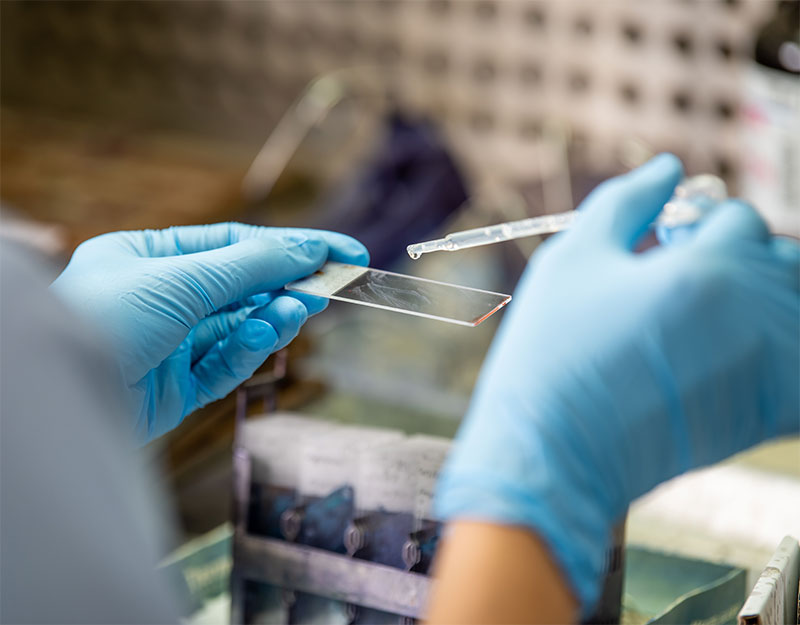
Cervical cancer is a cancer of the cervix. The most common form of cervical cancer develops as a result of pre-cancerous changes that occur at the cellular level in cervical tissue cells. There are steps you can take to protect yourself from this disease by reducing your risk of developing cervical cancer.
5 Steps to Take to Reduce Your Risk of Cervical Cancer
1. Get the HPV Vaccine
The most important thing that young people can do to protect themselves from cervical cancer is to get vaccinated against human papillomavirus (HPV). This virus is responsible for the development of the majority of cervical cancer cases. The HPV vaccine is now recommended for children between the ages of 11 and 12, but anyone under age 26 who has not received this vaccine should get it.
2. Schedule Pap-Smear Tests Regularly
A pap smear (or pap test) is a test that can be performed during a pelvic exam with your primary care provider or with a gynecologist. During a pap smear, a small swab is taken allowing the patient’s cervical cells to be screened for abnormalities, precancerous cells, and cancerous cells. Pap tests are designed to detect changes in these tissues early so that early interventions can often be performed to remove abnormalities and prevent cancer from developing.

3. Get Tested for HPV
To determine how often you should be scheduling pelvic exams and pap-smear tests, you can be tested for HPV. If you are positive for the virus, then you should have more frequent pap smears to monitor your cervical tissue for any changes.
4. Use Barrier Protection
Condoms provide some protection from HPV during sexual intercourse, but they are not a 100% effective method of preventing the spread of HPV because HPV can be spread from skin-to-skin contact with any infected area of the body. This means you could contract HPV simply by touching the infected skin of someone else who has it.
5. Limit Sexual Partners and Get Tested Together
The best way to protect yourself from getting HPV is by limiting the number of people with whom you have intimate contact and by testing yourself and asking your partner to get tested for sexually transmitted diseases.

Cervical Cancer Screenings and STD Testing at Gulf Coast Health Center
To learn more about reducing your risk of cervical cancer or to schedule an appointment for a pap-smear, pelvic exam, and HPV test, we welcome you to contact Gulf Coast Health Center today.



